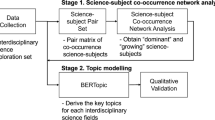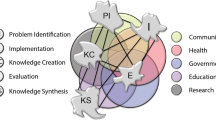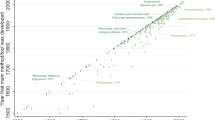Abstract
IF there be a valid distinction between resultant and emergent advance the question arises: How may this distinction be expressed with precision and clearness? One way of expressing it is that developed by Dr. Broad. It comes to this. There are certain integral wholes, composed of constituents in specific relations, of which it may be said that their characterising properties are not deducible from the most complete knowledge of the properties of the constituents taken severally in isolation, or taken collectively in some other set of specific relations. Such a whole is said to be emergent. The theory of emergence is on trial. Of it Dr. Broad says that “it is a matter of controversy whether it actually applies to anything”; but he adds that it embodies “a logically possible view with a good deal in its favour”. If, then, the theory be on trial as a scientific proposition—and such it purports to be—it must, I submit, be tried out on the basis of existing scientific knowledge. I should not designate this as an appeal to ignorance.
This is a preview of subscription content, access via your institution
Access options
Subscribe to this journal
Receive 51 print issues and online access
$199.00 per year
only $3.90 per issue
Buy this article
- Purchase on SpringerLink
- Instant access to the full article PDF.
USD 39.95
Prices may be subject to local taxes which are calculated during checkout
Similar content being viewed by others
Rights and permissions
About this article
Cite this article
MORGAN, C. [Letters to Editor]. Nature 120, 81–82 (1927). https://doi.org/10.1038/120081b0
Issue date:
DOI: https://doi.org/10.1038/120081b0



